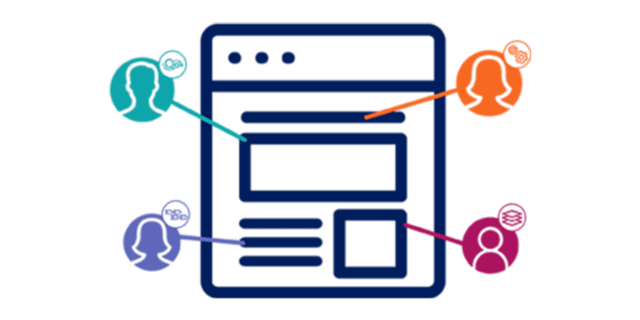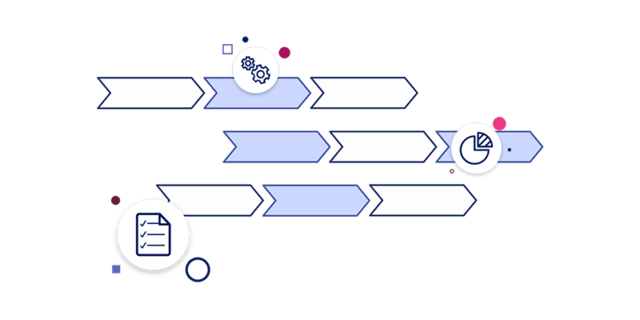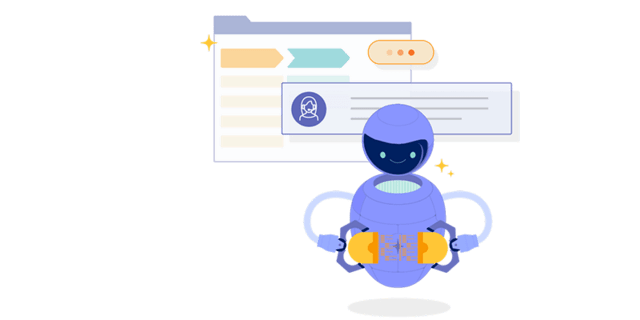
What is contact center AI?
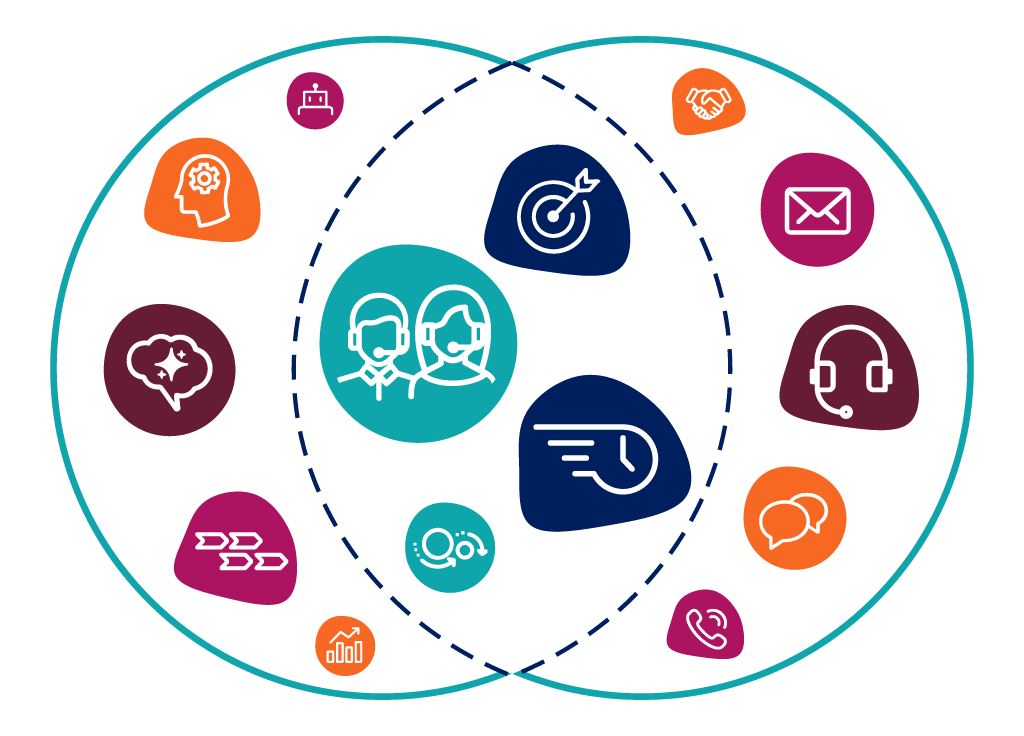
What is contact center AI?
Contact center AI integrates artificial intelligence technologies, such as natural language processing (NLP), machine learning, and predictive analytics, into contact center operations with the goal of streamlining processes, automating work, and delivering faster, more personalized service.

Why is AI important to contact centers?
In today's fast-paced and customer-centric world, AI technologies help contact centers stay ahead of the competition by automating work and guiding agents to deliver brilliant customer experiences.
Benefits of contact center AI
- Makes every agent your best agent
AI boosts agent performance by automating manual tasks and intelligently guiding customer interactions toward resolution. This means agents can seamlessly handle higher volumes, faster. - Streamlines processes and improves experience
AI understands customer intent and can launch case workflows that orchestrate the entire customer journey – automating processes along the way – for consistent, efficient service every time. - Personalizes service and boosts revenue
AI analyzes customer data to present proactive engagement opportunities or personalized recommendations, such as retention or upsell opportunities – increasing customer lifetime value. - Automates service and reduces call volumes
AI empowers customers to self-solve and self-resolve their own cases, on their own time, over the channel of their choice – reducing contact center volumes. - Accelerates onboarding and increases employee retention
AI can guide and coach agents through virtual and live interactions. The results? Faster onboarding, a better agent experience, and higher employee retention rates.

How does contact center AI work?
Contact center AI understands customer intent and drives inquiries toward successful outcomes – assisting agents with their work, automating repetitive tasks, and making recommendations and decisions based on rich customer data.
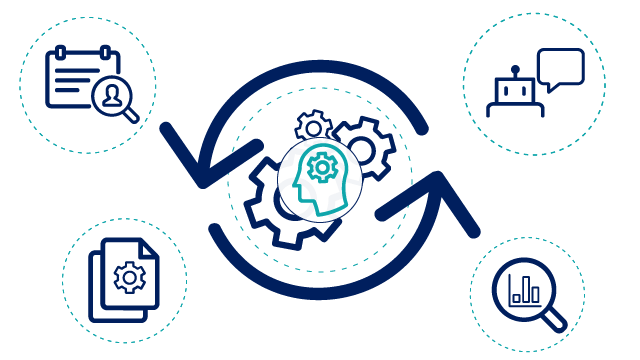

Learn how you can improve service experiences across every interaction with artificial intelligence.
What features to look for in contact center AI systems
AI copilot
Intelligently guides agents by suggesting workflows, responses, knowledge articles, and next best actions.
Workflow automation
Guides agents through a customer journey, automating tasks and orchestrating work to drive successful outcomes.
Chatbots
Virtual agents that understand human language and enable customers to find answers and resolve their own inquiries.
AI decisioning
Makes data-driven decisions that can personalize interactions and suggest offers to drive sales and retention.
Generative AI
Summarizes interactions, suggests responses, generates knowledge articles, and provides training simulations.
Speech recognition
Transcribes conversations, automates data entry, and leverages script adherence to ensure compliance.

See first-hand how Pega Voice AI enables agents to create amazing customer experiences.
How to implement contact center AI
Your contact center AI project will likely require extensive planning, as well as approval from your organization and buy-in from your team.
- Determine the outcome
Identify the problem you plan to solve using AI and set goals for measuring your success. Start small: You can expand more AI into your contact center incrementally. - Assess the readiness of your organization
Determine if your organization’s data, technology, and infrastructure are AI-ready. - Ensure compliant, responsible AI
Address any regulatory, governance, ethical, or social concerns related to AI and ensure sign-off from the appropriate departments. - Decide how to balance human and machine roles
Determine when AI can automate work, when AI can assist agents, and when human oversight is needed. Gain buy-in by involving employees in early discussions. - Find the right AI solution
Choose a solution that aligns with your organizational needs and goals and enables your contact center to transform and evolve without disruption, so you can respond quickly to rapid change.


Unlock the power of data and drive better decisions at massive scale.
Frequently Asked Questions about contact center AI
Ready to learn more?




